Does foreign assistance affect resilience to intrastate armed conflict—and if so, where, when, and how?
Existing scholarship typically approaches those questions from a country-level perspective, often treating aid in an undifferentiated manner, examining only certain aspects of conflict, and thus remaining remote from investigating causal mechanisms that could plausibly affect the dynamics of violence. Recent studies have begun to delve into these relationships in a more nuanced manner, looking at patterns within countries and offering evidence that the scale and protection of aid matters. Yet these analyses focus on small numbers of countries, which exhibit active conflict, and specific forms of aid.
The proposed research extends the scope considerably by evaluating the association between development aid and the likelihood, escalation, severity, spread, duration, and recurrence of violence, spanning the phases before, during, and after conflict. Aid is potentially beneficial in all these phases. Prior to conflict, aid can build the capacity of state and society, improving resistance to rebel mobilization. During conflict, aid can bolster state legitimacy and civilian loyalty, subject to good governance, prosperity, and effective service provision. After conflict, aid can mitigate grievances and facilitate implementation of peace agreements. In each phase, however, a risk is that aid may fuel conflict, due to capture or graft. Or aid may have no impact on conflict, failing to reach intended targets or achieve objectives. The effects likely hinge on interactions among characteristics of aid (source, type, amount, location), the orientations and behavior of key actors (state, opposition, citizens), and the surrounding environment (state security, corruption, social demographics, inequality). Available literature has not systematically tackled these dimensions, yielding mixed findings and leaving many gaps in understanding, due to nascent theory, narrow range of analyses, methodological limitations, and inadequate data on aid—issues this project addresses directly in novel ways, to better gauge the conditional impact of development aid on intrastate armed conflict.
The research design combines cross-national, subnational, and micro-level empirical analysis. Econometric analysis is complemented by simulations using computational modeling, to further probe aid-conflict dynamics and “what-if” counterfactuals. A distinctive advance is to employ a sizeable array of cutting-edge disaggregated data for most of Africa as well as select Asian and Latin American countries. These geocoded data, expanded significantly through this project, permit extensive quantitative assessment that is finer-grained spatially and temporally, plus considers notable parameters of both aid disbursements and conflict events.
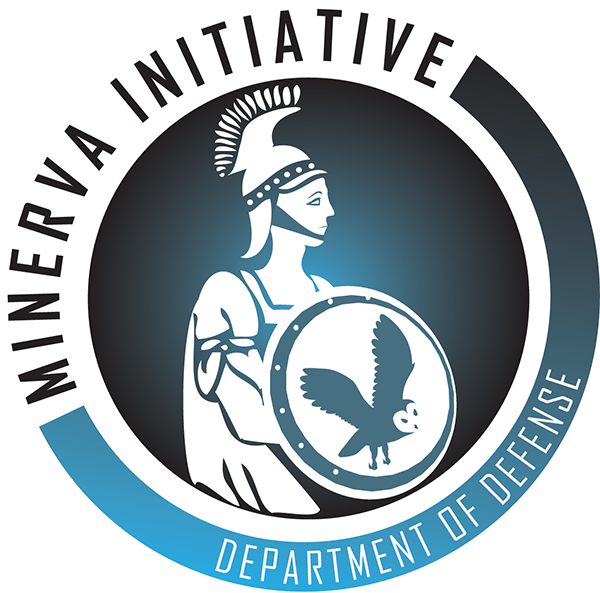
US Department of Defense, Minerva Research Initiative
The Minerva Research Initiative, administered jointly by the Office of Basic Research and the Office of Policy at the U.S. Department of Defense, supports social science research aimed at improving our basic understanding of security, broadly defined. Supported projects are university-based and unclassified, with the intention that all work be shared widely to support the thriving of stable and safe communities.
The project involves a partnership of several academic institutions and non-profit organizations based in the US, the UK, and Switzerland.

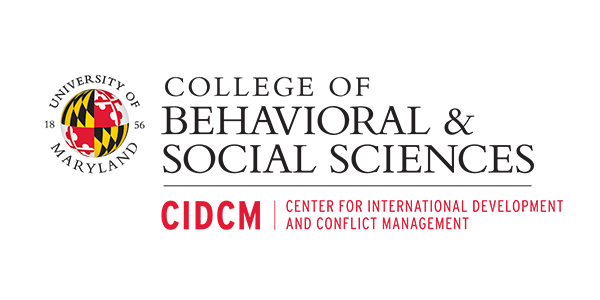
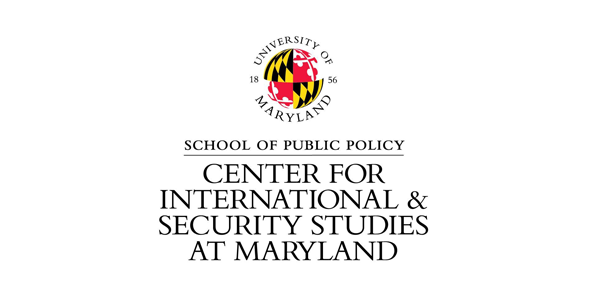
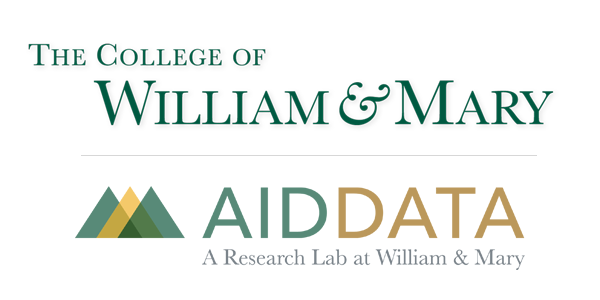
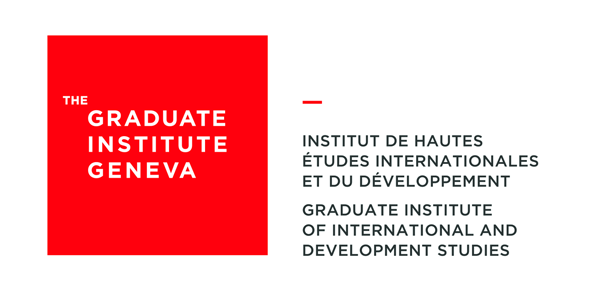
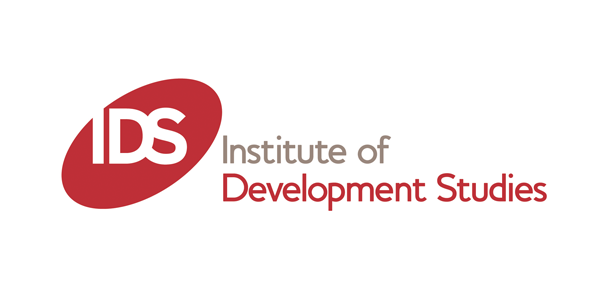
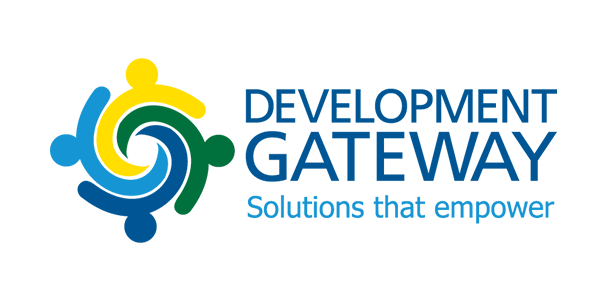
Principal Investigators
Professor, Department of Government and Politics
International Security
Studies at Maryland
Senior Staff
of Government and Politics
Additional Team Members
Research Assistants
Rachel Kellogg
Connor Kennedy
Research Assistants
Abigail Stephens
Alexandra Stephanos
Andrew Rowedder
Cal Riorda
Carla Worth
Caroline Bruchman
Corinne Paul
Daniela Salinas
David Schiffer
Emily Long
Erica Fuentes
Eva Bialobrzeski
Fatimah Waseem
Gabrielle DuBois
Hannah Connolly
Melody Hsin-Jung Wei
Isaiah Anderson
Jaime Capron
Jason Bounds
Joelle Bess
Jordan Hill
Kyla Ramdat
Lara Fu
Lindsay Braviak
Linette Floyd
Margaret Carroll
Meaza Getachew
Neil Ray
Noah Fritz
Sarah Iskander
Shannon Corrigan
Sydney Perlotto
Yael Nagar
Zachary Thomas
Assistant, AidData
Current position: Junior Professor, University of Konstanz
International Relations and
Political Science
Current position: Economist, Education Global Practice, World Bank


